The most recent play Brian Daboll called was a 19-yard touchdown pass from Josh Allen to Gabriel Davis in last season's Divisional Round game between the Buffalo Bills and Kansas City Chiefs. If it occurred a year later, it would not have been his last.
The NFL announced two new rule changes, plus one resolution, on Monday as the league wraps up its annual meeting in Florida. The first change, proposed by Indianapolis and Philadelphia, will allow both teams an opportunity to possess the ball in overtime – only in the postseason.
It comes in the wake of one of the most exciting games in postseason history. Allen and Patrick Mahomes put on a duel for the ages as Buffalo and Kansas City exchanged the lead three times in the final two minutes before the Chiefs' Harrison Butker kicked a 49-yard field goal to tie the game as time expired in regulation. Kansas City won the coin toss, allowing Mahomes to lead a walk-off touchdown drive. Allen and the Bills did not get a chance to respond.
Here is how the playoff overtime will work:
(a) Both teams must have the opportunity to possess the ball at least once during the extra period, unless the team kicking off to start the overtime period scores a safety on the receiving team's initial possession, in which case the team that kicked off is the winner.
(b) After each team has had an opportunity to possess the ball, if one team has more points than its opponent, it is the winner.
(c) If the team that possesses the ball first does not score on its initial possession, or if the score is tied after each team has had its opportunity to possess the ball, the team next scoring by any method shall be the winner.
(d) If the score is tied at the end of a 15-minute overtime period, or if the second team's initial possession has not ended, another overtime period will begin, and play will continue, regardless of how many 15-minute periods are necessary.
(e) Between each overtime period, there shall be a two-minute intermission, but there shall be no halftime intermission after the second period. At the beginning of the third overtime period, the captain who lost the coin toss prior to the first overtime period shall have the first choice of the two privileges, unless the team that won the coin toss deferred.
(f) At the end of the first and third extra periods, etc., teams must change goals.
(g) Each team is entitled to three timeouts during a half. If there is an excess timeout, the usual rules shall apply.
(h) At the end of a second overtime period, timing rules shall apply as at the end of the first half. At the end of a fourth overtime period, timing rules shall apply as at the end of the fourth period.
(i) At the end of a fourth overtime period, there will be another coin toss pursuant to Section 1, Article 2, and play will continue until a winner is declared.
If the second team loses possession by an interception or fumble, the down will be permitted to run to its conclusion, and all rules of the game will be enforced as customary, including awarding points scored by either team during the down. If the second team scores a touchdown on the down after regaining possession, it is the winner. Only fouls that require the down to be replayed, fouls that negate a score, or palpably unfair acts will be enforced.
FREE KICK FORMATION
The second approved rule change, proposed by the Competition Committee, makes permanent the free kick formation change implemented during the 2021 season. It established a maximum number of players in the setup zone, and the stated effect is it "provides excitement and competition."
Until the ball is kicked, all receiving team players must be inbounds and behind their restraining line, and at least eight, but no more than nine, players must be positioned between their restraining line and a spot 15 yards behind their restraining line (the "setup zone").
APPROVED RESULOTION SUMMARY
Proposed by Baltimore, Buffalo, Philadelphia, and Tampa Bay, the approved resolution amends the Anti-Tampering Policy, in regard to Secondary Football Executive positions, to allow the employer club the choice to retain its player personnel staff through the Annual Selection Meeting. After the selection meeting through June 30, the employer club is required to grant permission for another club to interview and hire a non-high-level executive or non-secondary football executive for a secondary football executive position.
The stated effect "promotes club organizational stability and inter-club fairness, while preserving legitimate opportunities for personnel to explore other positions."
View photos of every move made by the Giants during the 2022 offseason.


K Ryan Santoso - Waived

S Yusuf Corker - Waived

DB Olaijah Griffin - Waived

WR Keelan Doss - Waived

WR Travis Toivonen - Waived

OL Josh Rivas - Waived

T Eric Smith - Terminated, Vested Veteran, all contracts
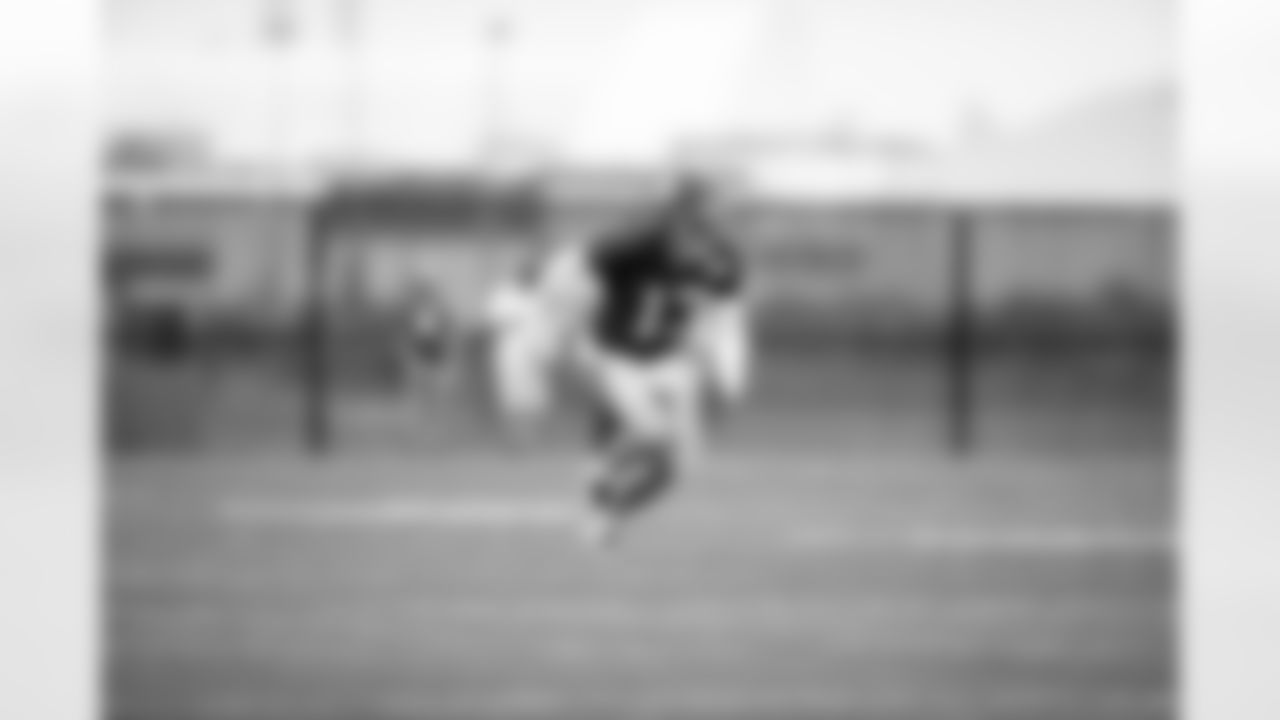
WR Travis Toivonen - Free Agent Signing

K Ryan Santoso - Free Agent Signing

S Andrew Adams - Terminated, Vested Veteran, all contracts

WR Bailey Gaither - Waived, Failed Physical

TE Tanner Hudson - Free Agent Signing

C Chris Owens - Waived

DB Harrison Hand - Claimed (off Waivers from MIN)

WR Jaylon Moore - Claimed (off Waivers from BAL)

WR Collin Johnson - Reserve/Injured

WR Marcus Kemp - Reserve/Injured

TE Jordan Akins - Terminated, Vested Veteran, all contracts

WR Sterling Shepard - Passed Physical
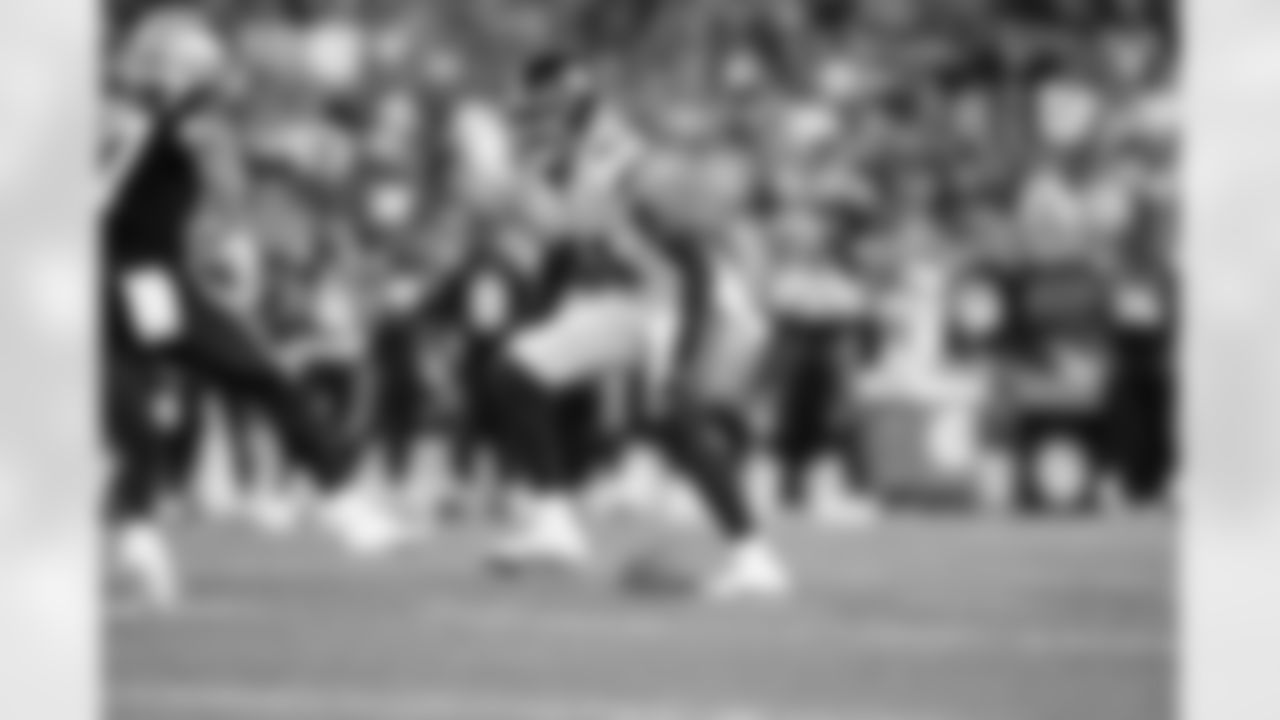
LB Darrian Beavers - Reserve/Injured

TE Andre Miller - Reserve/Injured
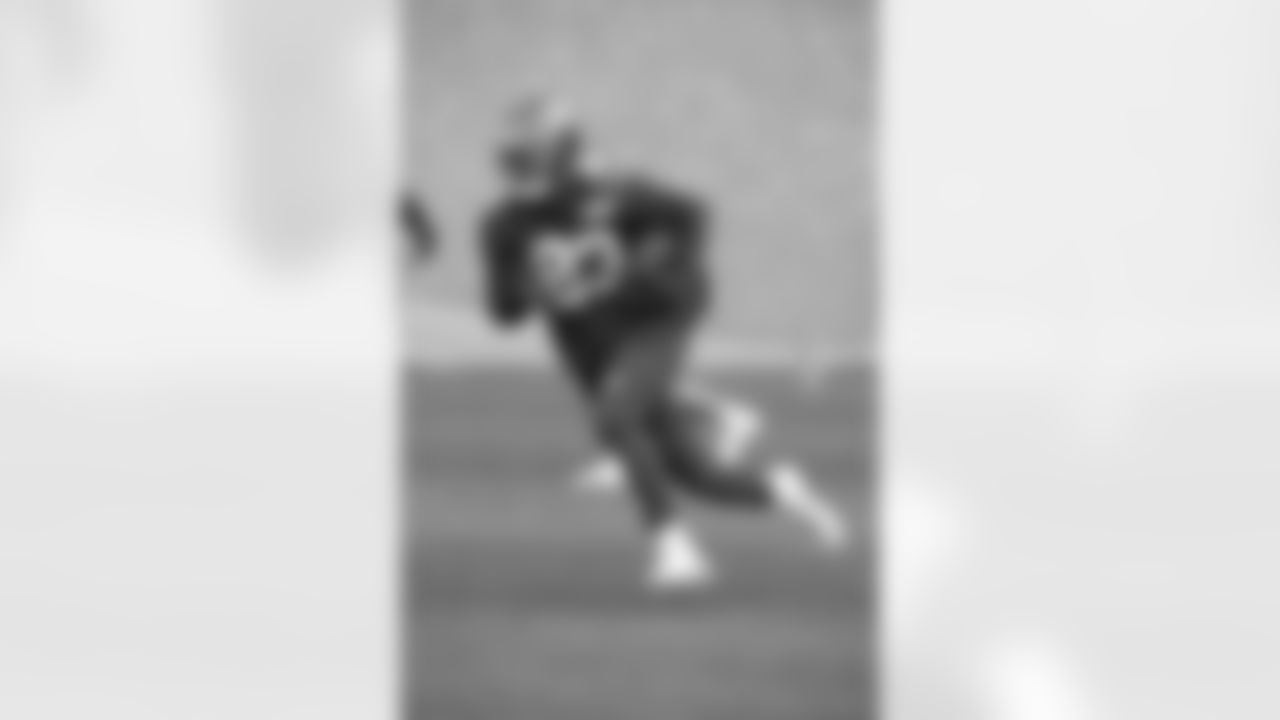
TE Ricky Seals-Jones - Reserve/Injured

T Matt Peart - Reserve/Physically Unable to Perform

C Nick Gates - Reserve/Physically Unable to Perform

OL Chris Owens - Free Agent Signing

OL Josh Rivas - Free Agent Signing

WR Robert Foster - Reserve/Injured

DL Christopher Hinton - Waived

DB Gavin Heslop - Waived

TE Jeremiah Hall - Waived
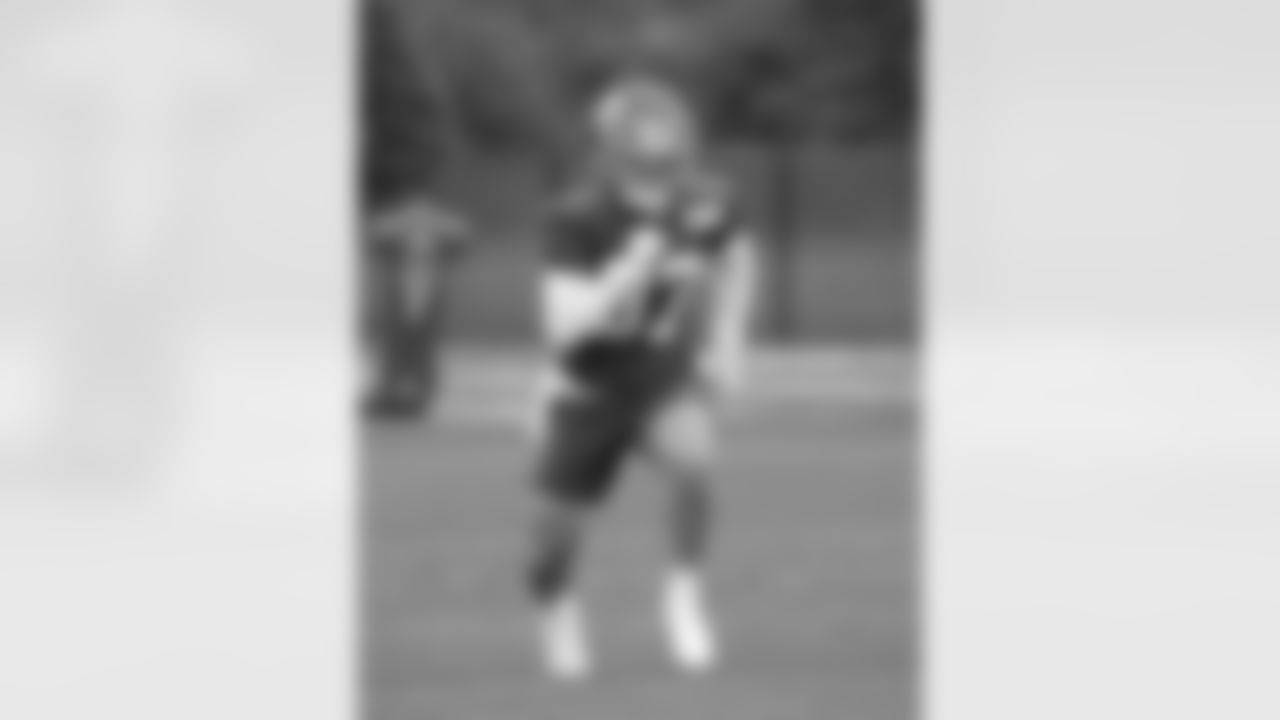
WR Austin Proehl - Waived, Injured

DB Olaijah Griffin - Claimed (off waivers from BUF)

OLB Azeez Ojulari - Passed Physical
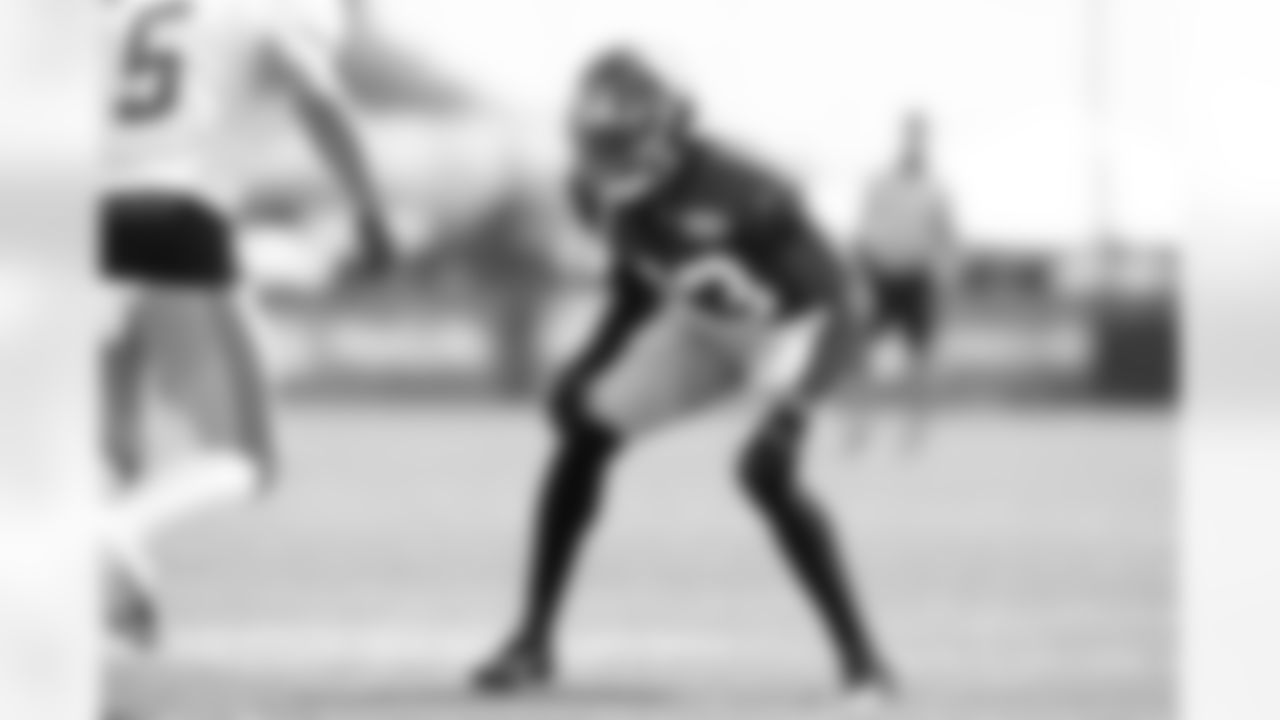
Michael Jacquet III - Waived

OL Josh Rivas - Waived

DB Jarrod Wilson - Terminated, Vested Veteran, all contracts

T Eric Smith - Free Agent Signing
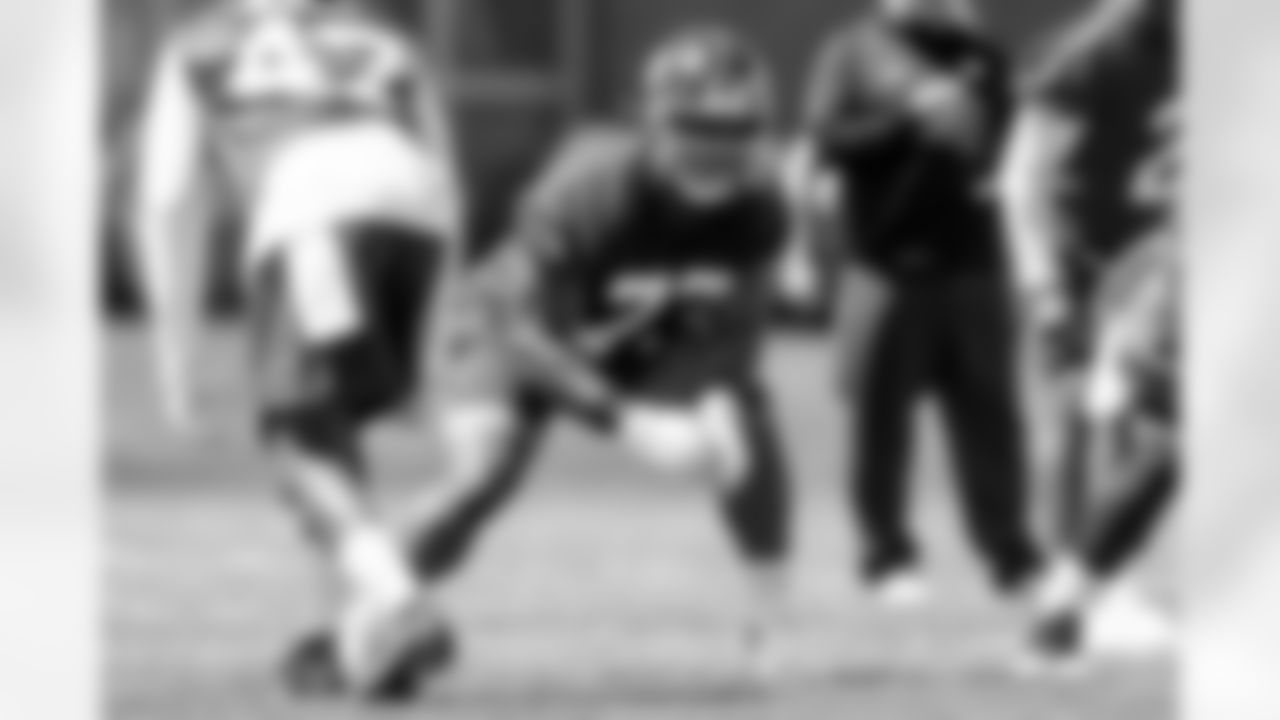
T Matt Gono - Terminated, Vested Veteran, all contracts
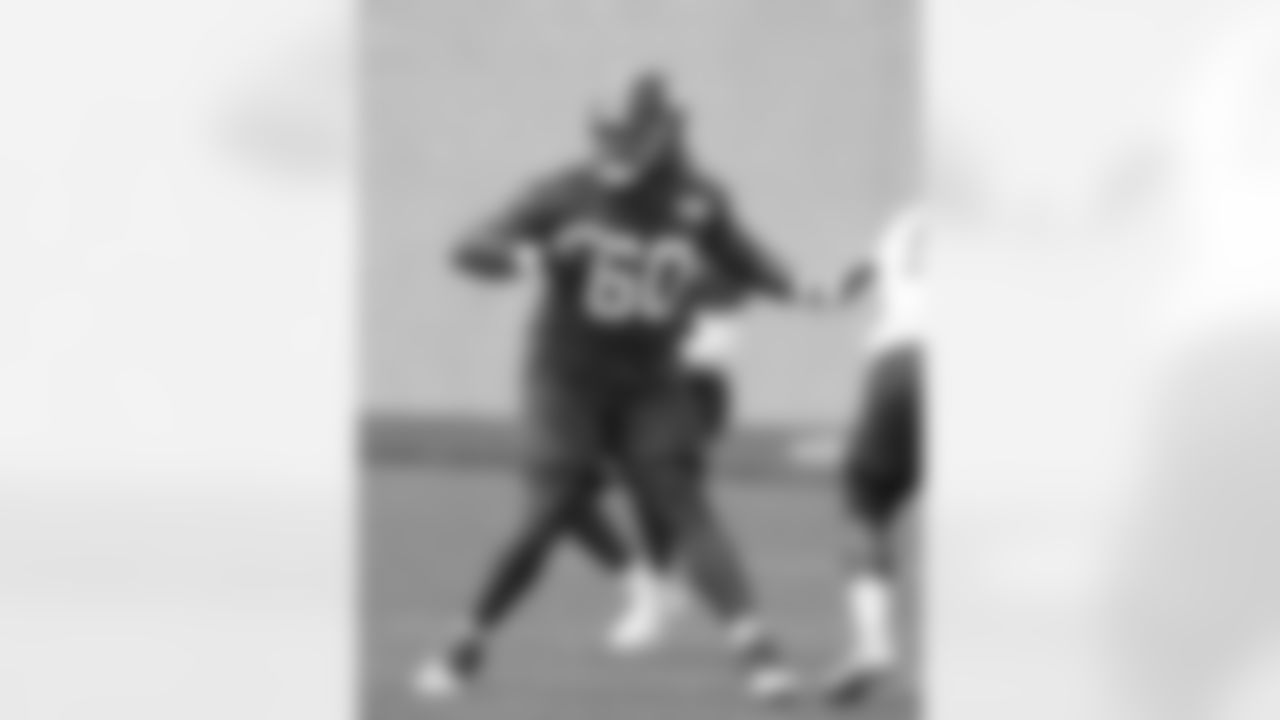
G Marcus McKethan - Reserve/Injured

T Will Holden - Free Agent Signing

DE Niko Lalos - Waived

DB Nate Meadors - Claimed (off waivers from CLV)

LB Austin Calitro - Free Agent Signing
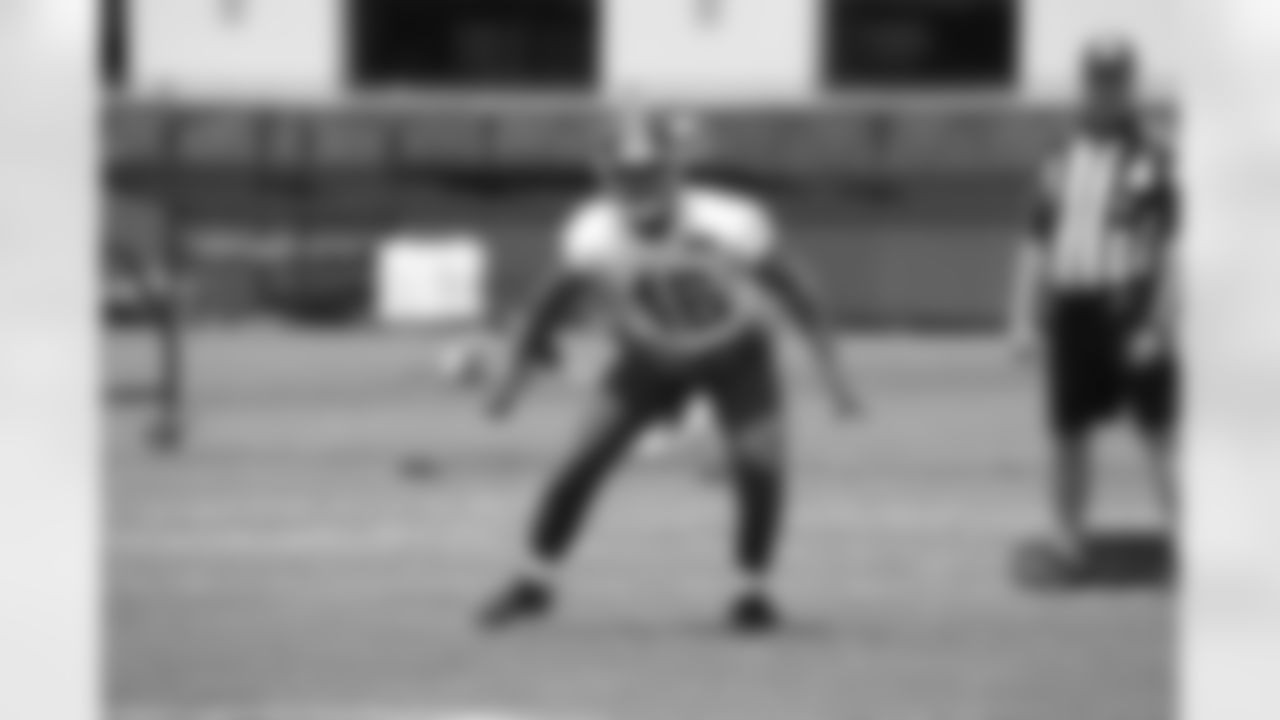
LB Justin Hilliard - Waived

OT Garrett McGhin - Free Agent Signing

OT Kamaal Seymour - Waived

TE Daniel Bellinger - Passed Physical
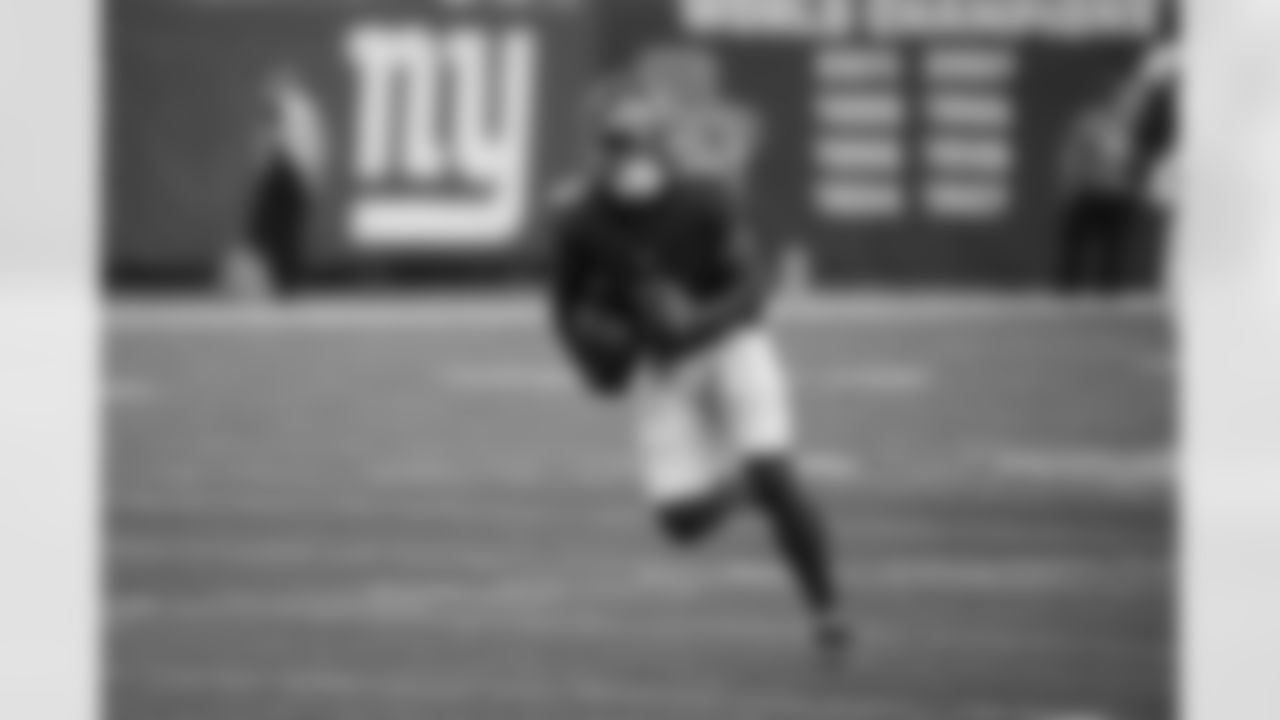
WR Sterling Shepard - Declared Physically Unable to Perform

T Matt Peart - Declared Physically Unable to Perform

C Nick Gates - Declared Physically Unable to Perform

LB Azeez Ojulari - Declared Non-Football Injury

DB Andrew Adams - Free Agent Signing
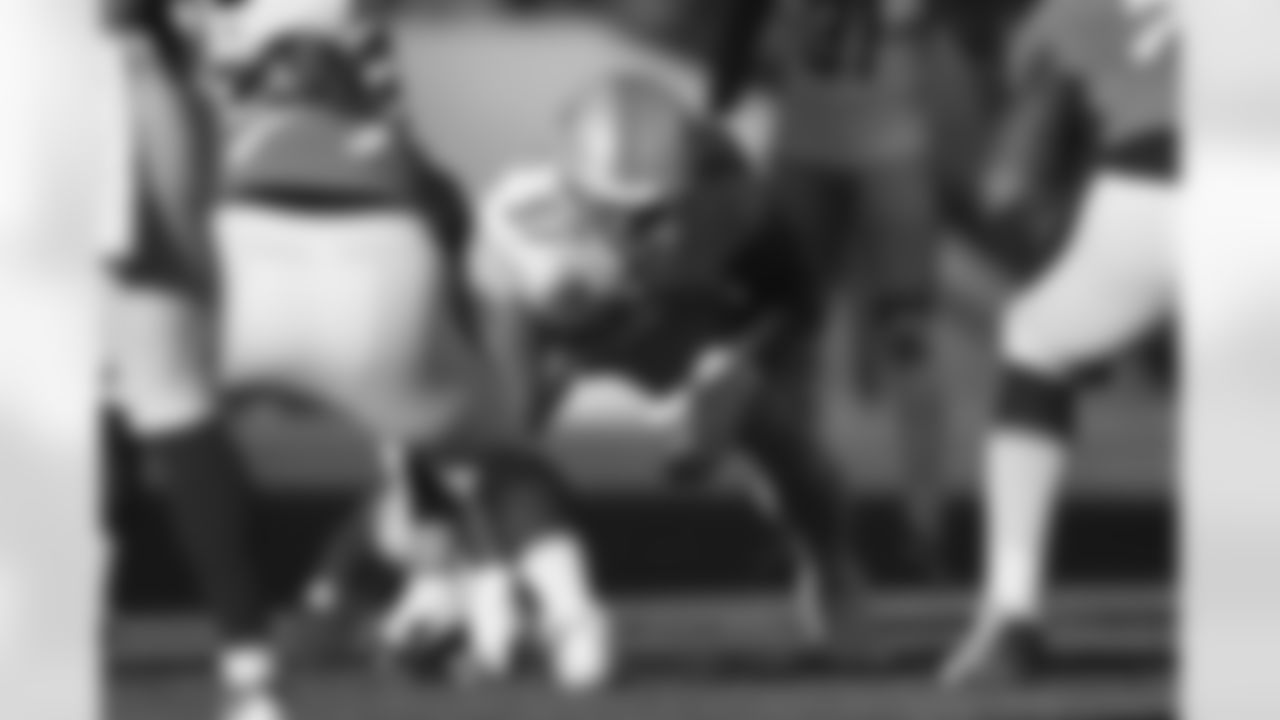
DE Nick Williams - Free Agent Signing

WR Marcus Kemp - Free Agent Signing

OT Kamaal Seymour - Free Agent Signing

DB Maurice Canady - Terminated, Vested Veteran, all contracts
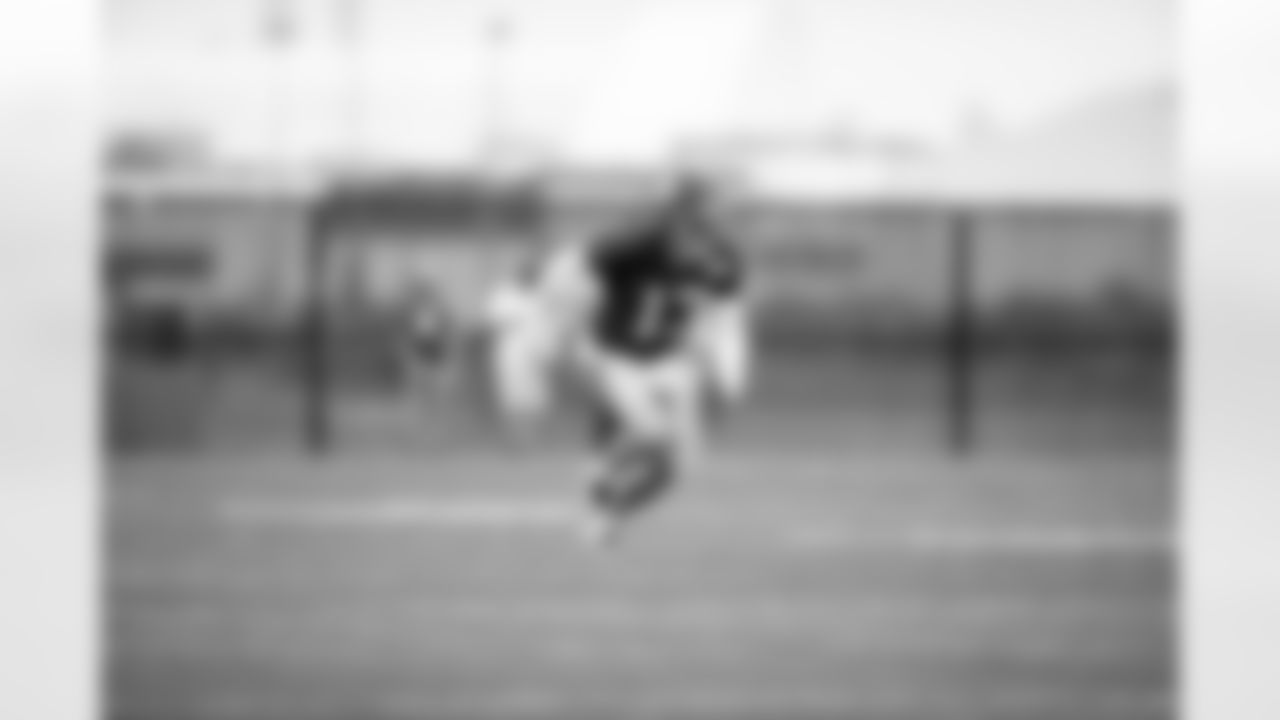
WR Travis Toivonen - Waived, No Recall

DT Jabari Ellis - Waived, No Recall

DB Henry Black - Waived, No Recall

DB Gavin Heslop – Free Agent Signing
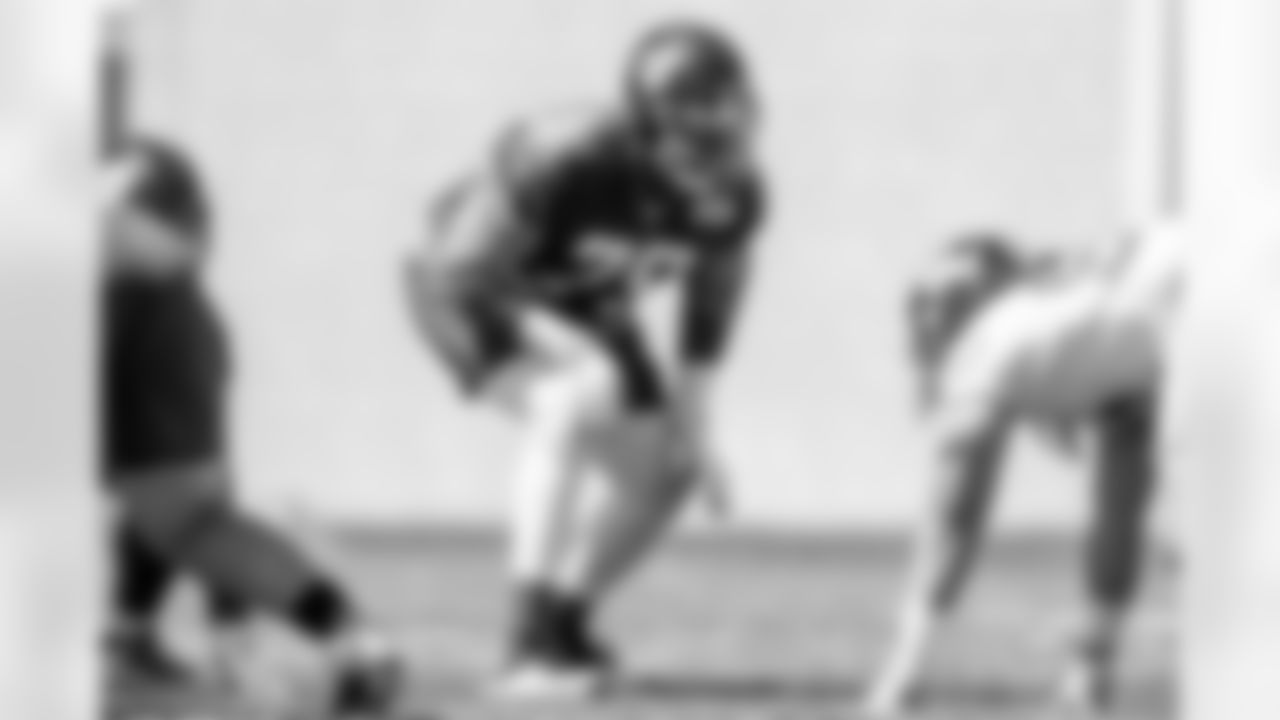
OT Korey Cunningham - Terminated, Vested Veteran, Non-Football Injury

TE Daniel Bellinger - Declared Physically Unable to Perform

DB Dane Belton - Selection List Signing

WR Wan'Dale Robinson - Selection List Signing

TE Daniel Bellinger - Selection List Signing

WR Keelan Doss - Free Agent Signing

G Joshua Ezeudu - Selection List Signing

CB Cor'Dale Flott - Selection List Signing

DB Michael Jacquet - Free Agent Signing

S Henry Black - Free Agent Signing

CB Maurice Canady - Free Agent Signing
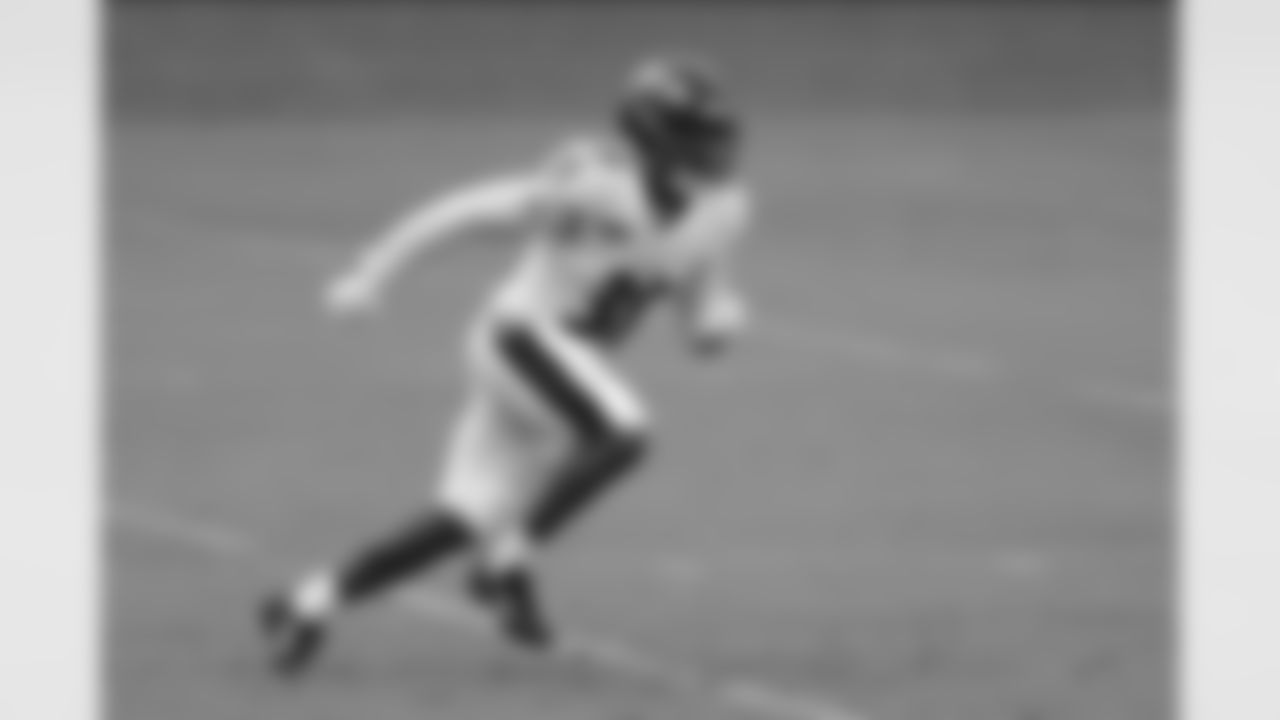
CB Khalil Dorsey - Free Agent Signing

DE Jalyn Holmes - Free Agent Signing

OLB Kavyon Thibodeaux - Selection List Signing

T Evan Neal - Selection List Signing

LB Micah McFadden - Selection List Signing

DT D.J. Davidson - Selection List Signing

OL Marcus McKethan - Selection List Signing

LB Darrian Beavers - Selection List Signing

DE Ryder Anderson - Undrafted Free Agent Signing

RB Jashaun Corbin - Undrafted Free Agent Signing

LB Tomon Fox - Undrafted Free Agent Signing
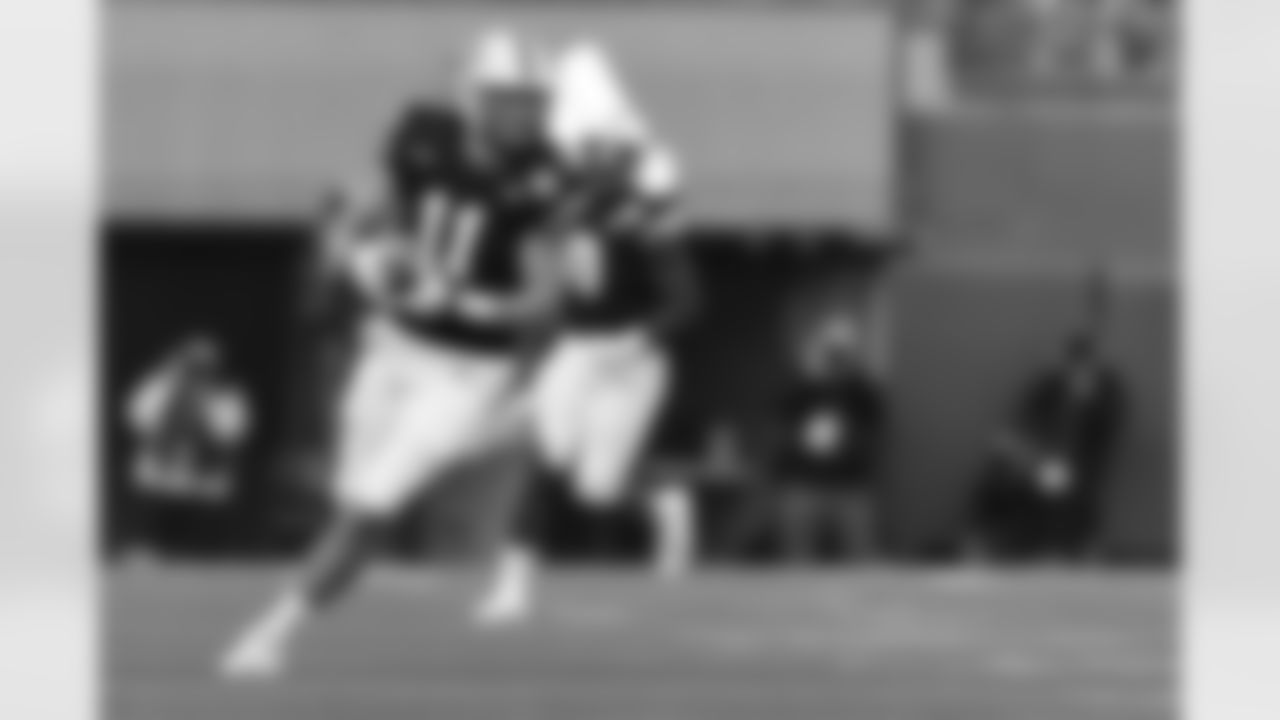
TE Austin Allen - Undrafted Free Agent Signing

DB Darren Evans - Undrafted Free Agent Signing

G Josh Rivas - Undrafted Free Agent Signing

DT Jabari Ellis - Undrafted Free Agent Signing

FB Jeremiah Hall - Undrafted Free Agent Signing

DT Christopher Hinton - Undrafted Free Agent Signing

DB Trenton Thompson - Undrafted Free Agent Signing

DB Zyon Gilbert - Undrafted Free Agent Signing

DB Yusuf Corker - Undrafted Free Agent Signing
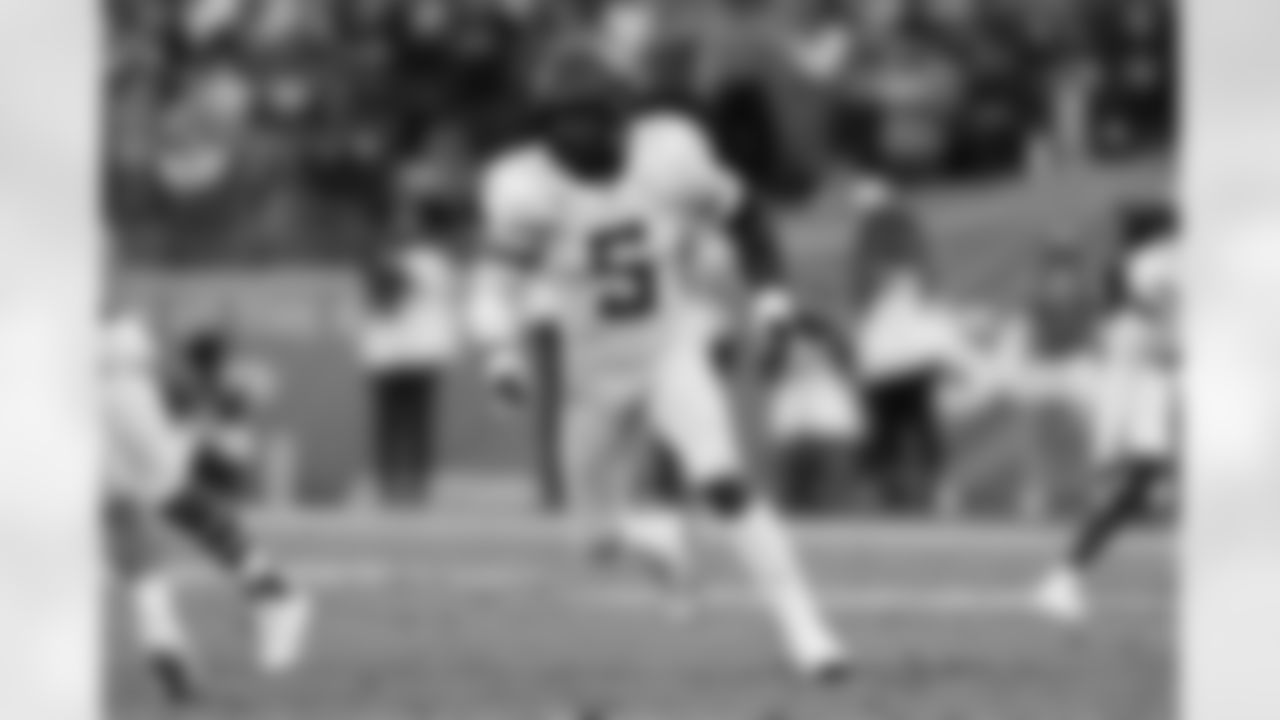
OLB Kayvon Thibodeaux - Selected in Round 1 (Pick No. 5) of 2022 NFL Draft

OT Evan Neal - Selected in Round 1 (Pick No. 7) of 2022 NFL Draft

WR Wan'Dale Robinson - Selected in Round 2 (Pick No. 43) of 2022 NFL Draft
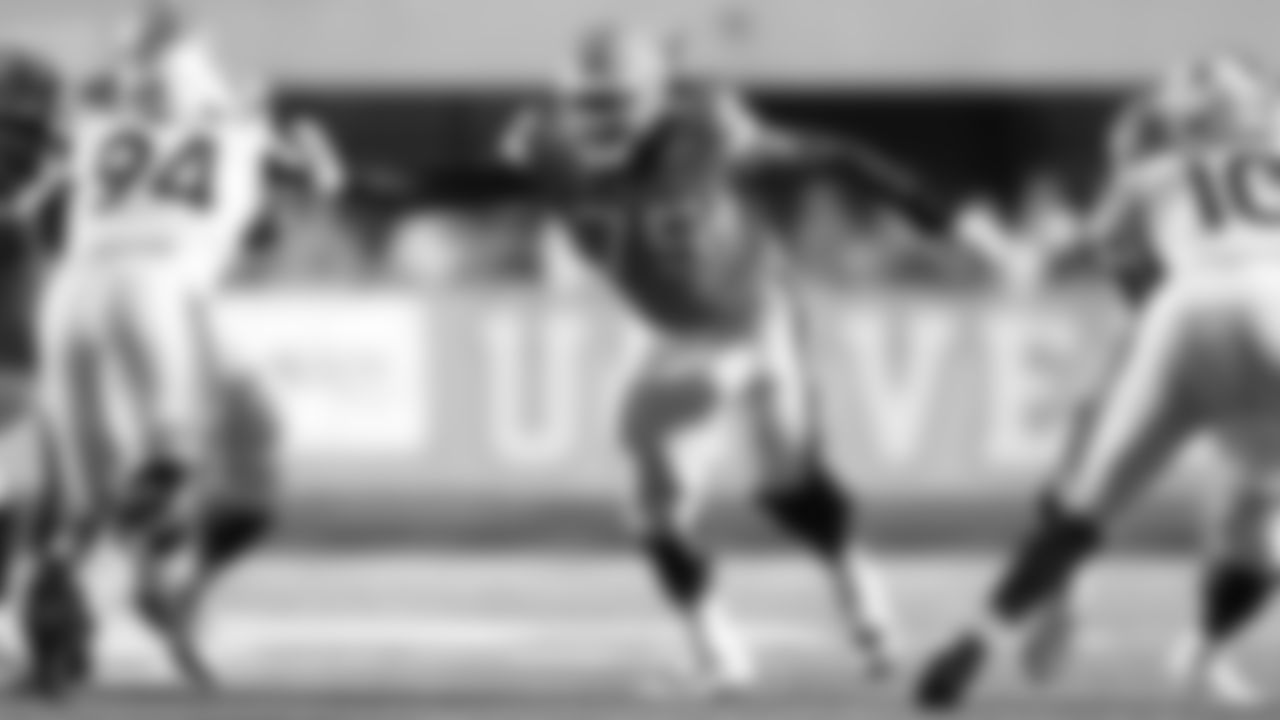
OL Joshua Ezeudu - Selected in Round 3 (Pick No. 67) of 2022 NFL Draft
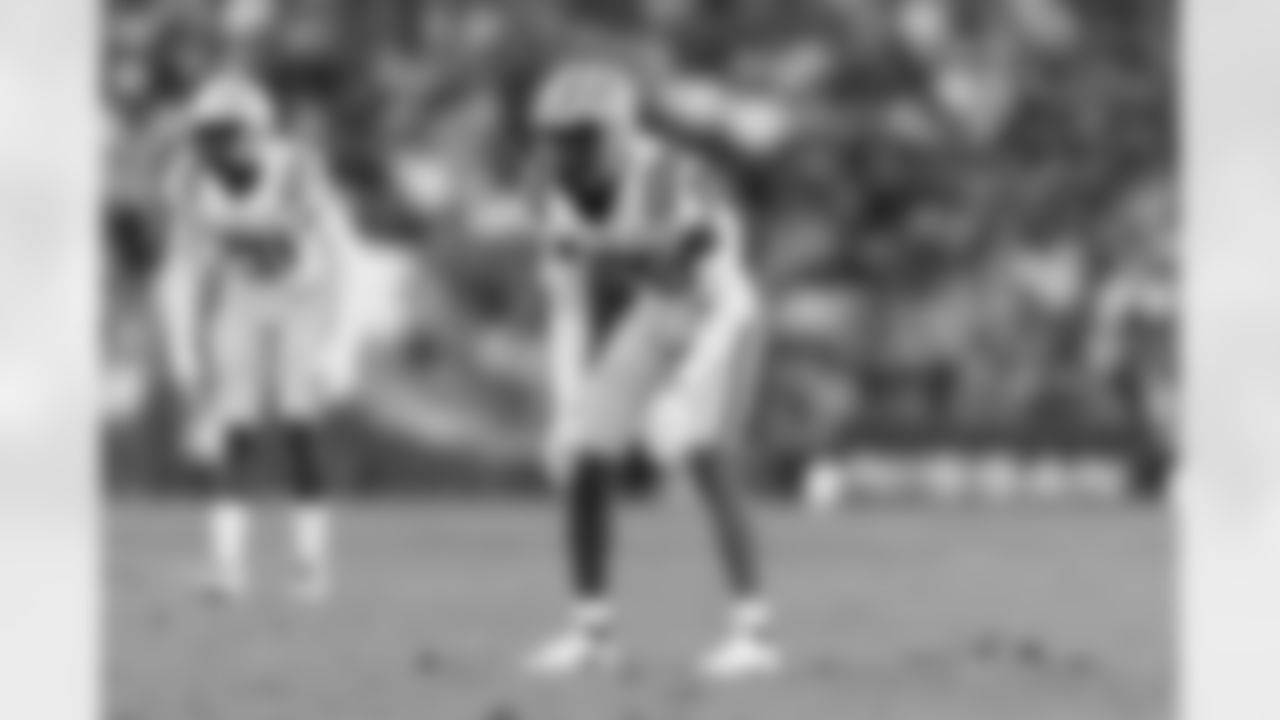
CB Cor'Dale Flott - Selected in Round 3 (Pick No. 81) of 2022 NFL Draft

TE Daniel Bellinger - Selected in Round 4 (Pick No. 112) of 2022 NFL Draft
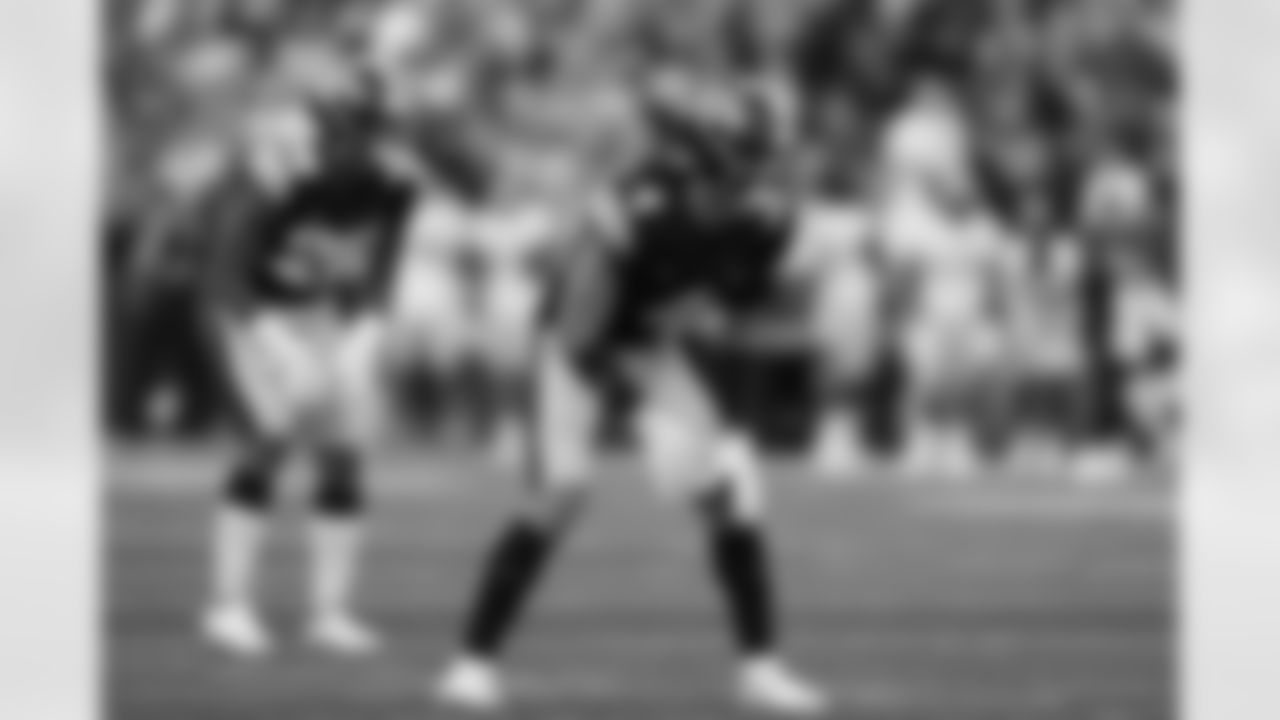
S Dane Belton - Selected in Round 4 (Pick No. 114) of 2022 NFL Draft

LB Micah McFadden - Selected in Round 5 (Pick No. 146) of 2022 NFL Draft

DL D.J. Davidson - Selected in Round 5 (Pick No. 147) of 2022 NFL Draft

OL Marcus McKethan - Selected in Round 5 (Pick No. 173) of 2022 NFL Draft

LB Darrian Beavers - Selected in Round 6 (Pick No. 182) of 2022 NFL Draft

TE Jordan Akins - Unrestricted Free Agent Signing

OT Roy Mbaeteka - Free Agent Signing
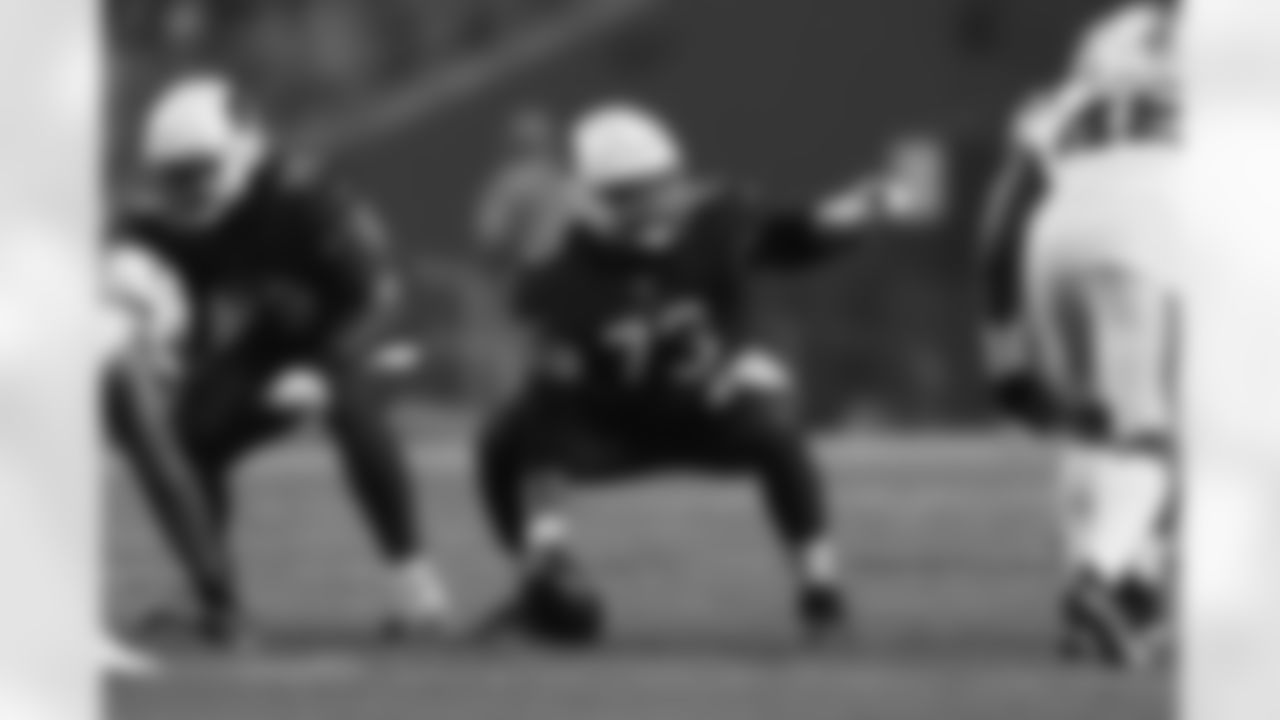
OL Max Garcia - Unrestricted Free Agent Signing

RB Sandro Platzgummer - Free Agent Signing
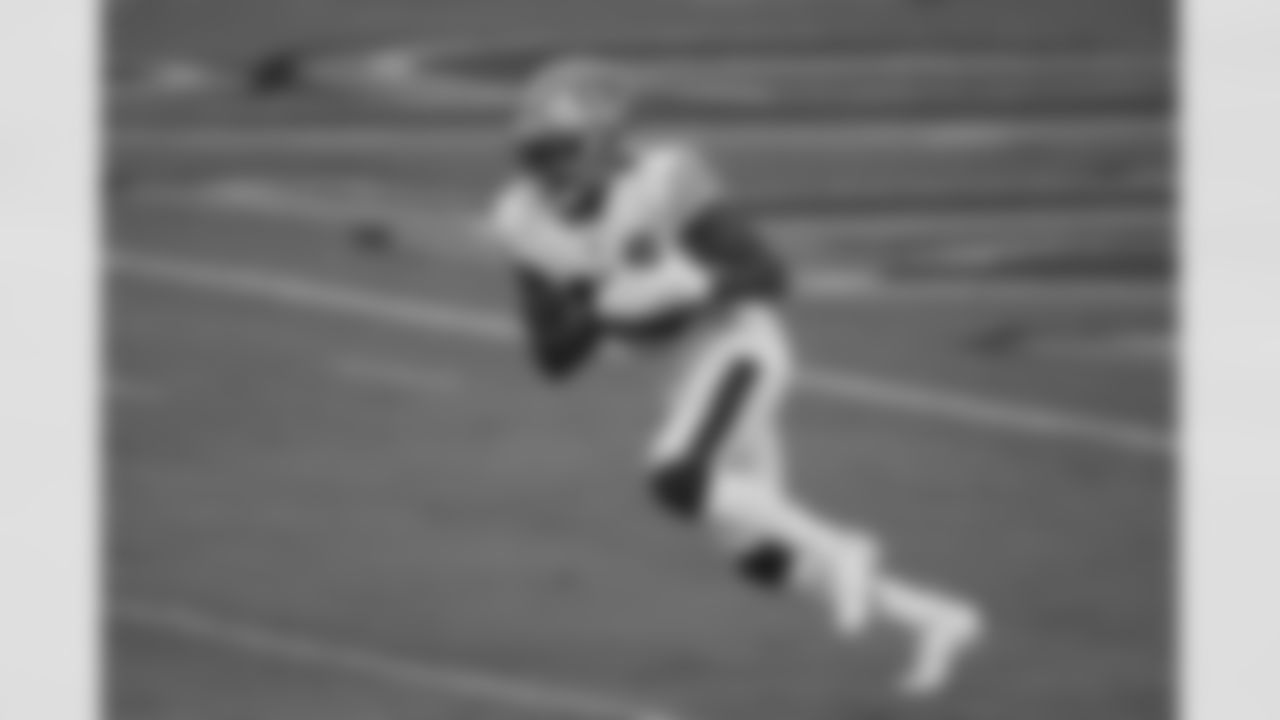
WR Richie James - Unrestricted Free Agent Signing

DT Justin Ellis - Unrestricted Free Agent Signing

RB Matt Breida - Unrestricted Free Agent Signing
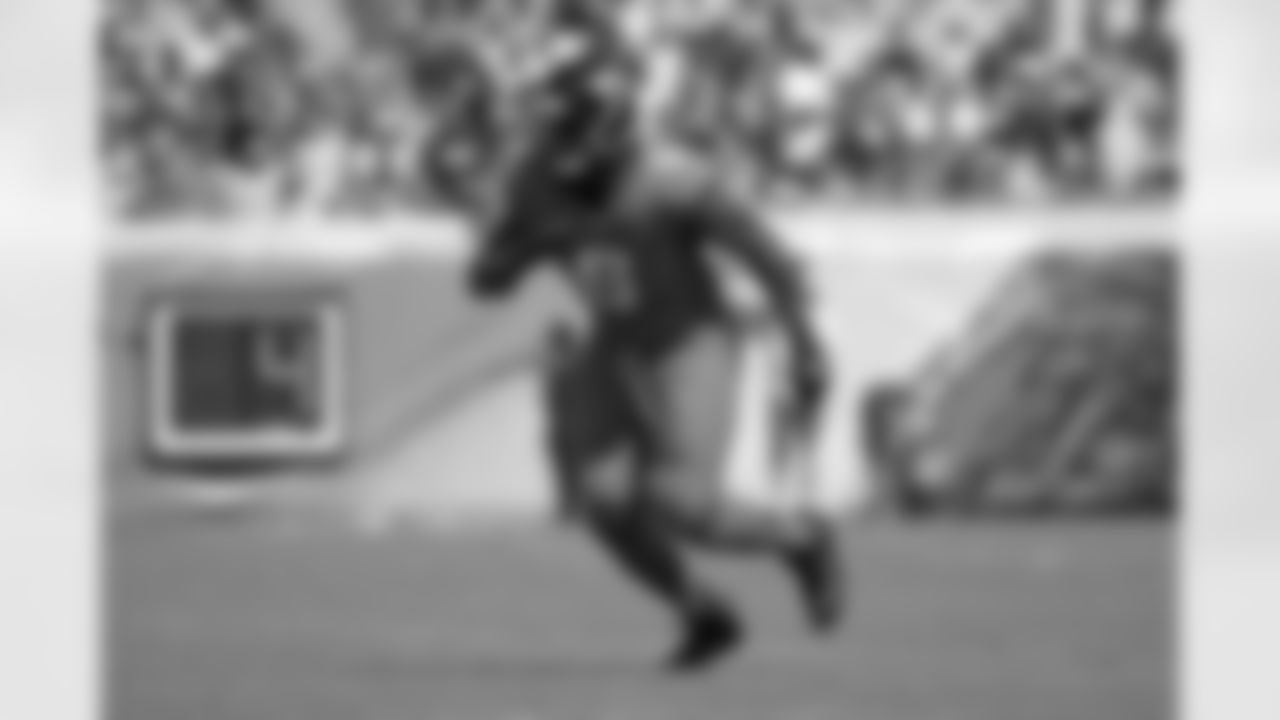
LB Jihad Ward - Unrestricted Free Agent Signing

OL Jamil Douglas - Unrestricted Free Agent Signing

LS Casey Kreiter - Unrestricted Free Agent Signing
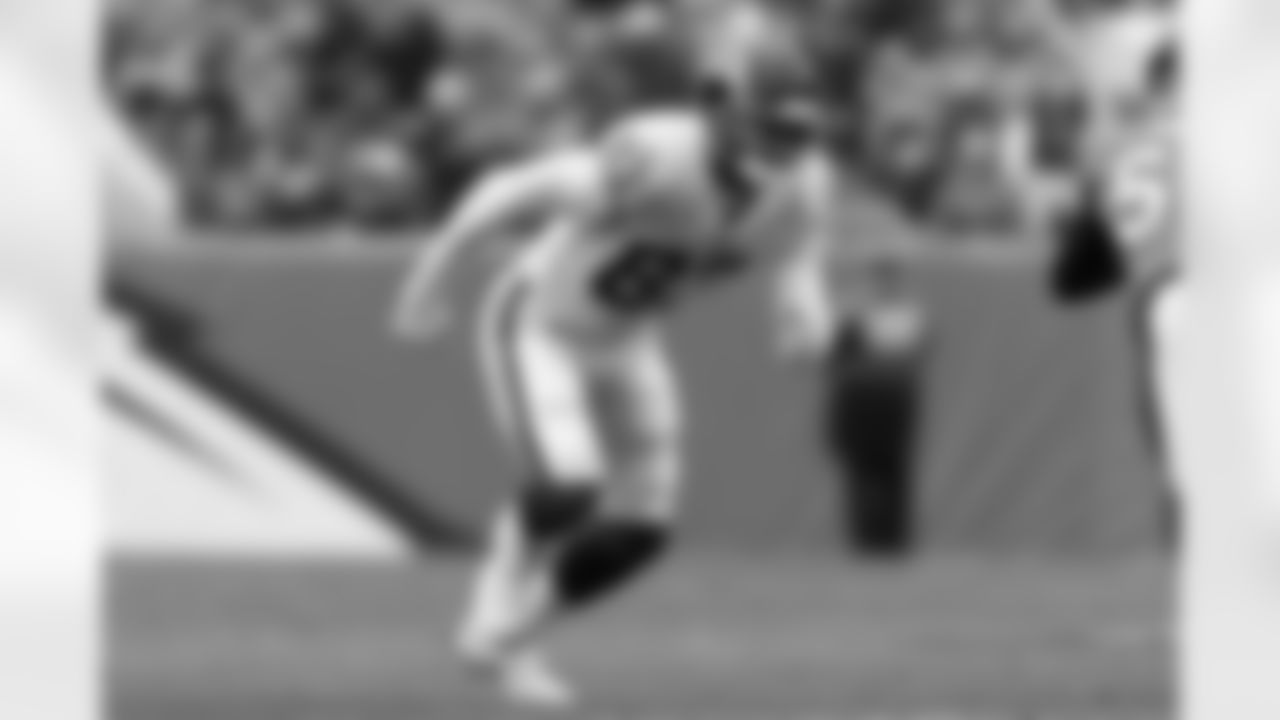
TE Ricky Seals-Jones - Unrestricted Free Agent Signing
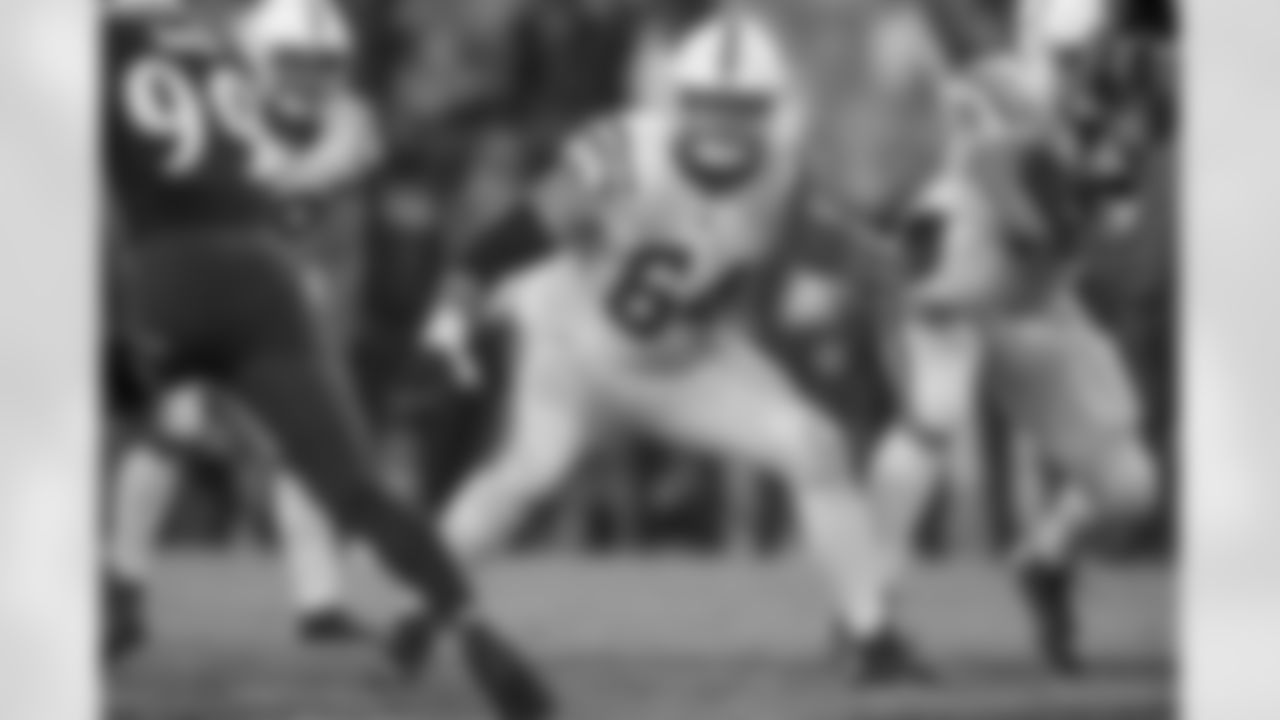
OL Mark Glowinski - Unrestricted Free Agent Signing

QB Tyrod Taylor - Unrestricted Free Agent Signing

OT Korey Cunningham - Unrestricted Free Agent Signing

OL Jon Feliciano - Free Agent Signing

DB Jarren Williams - Exclusive Rights Signing
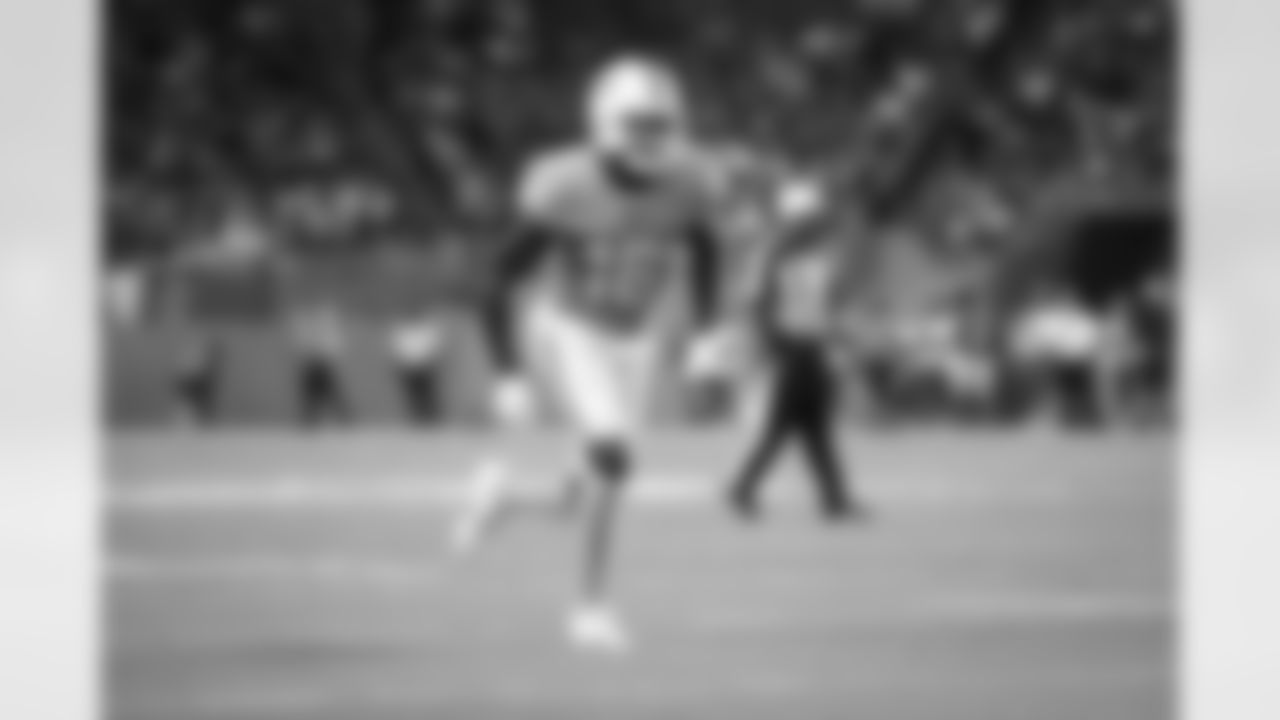
WR Robert Foster - Free Agent Signing

WR C.J. Board - Signed, Prior to becoming a Free Agent

OL Matt Gono - Free Agent Signing

WR David Sills V - Signed

TE Chris Myarick - Free Agent Signing

WR Austin Proehl - Free Agent Signing

QB Davis Webb - Reserve/Future Signing

P Jamie Gillan - Reserve/Future Signing

RB Antonio Williams - Reserve/Future Signing

WR Alex Bachman - Reserve/Future Signing

DE Niko Lalos - Reserve/Future Signing
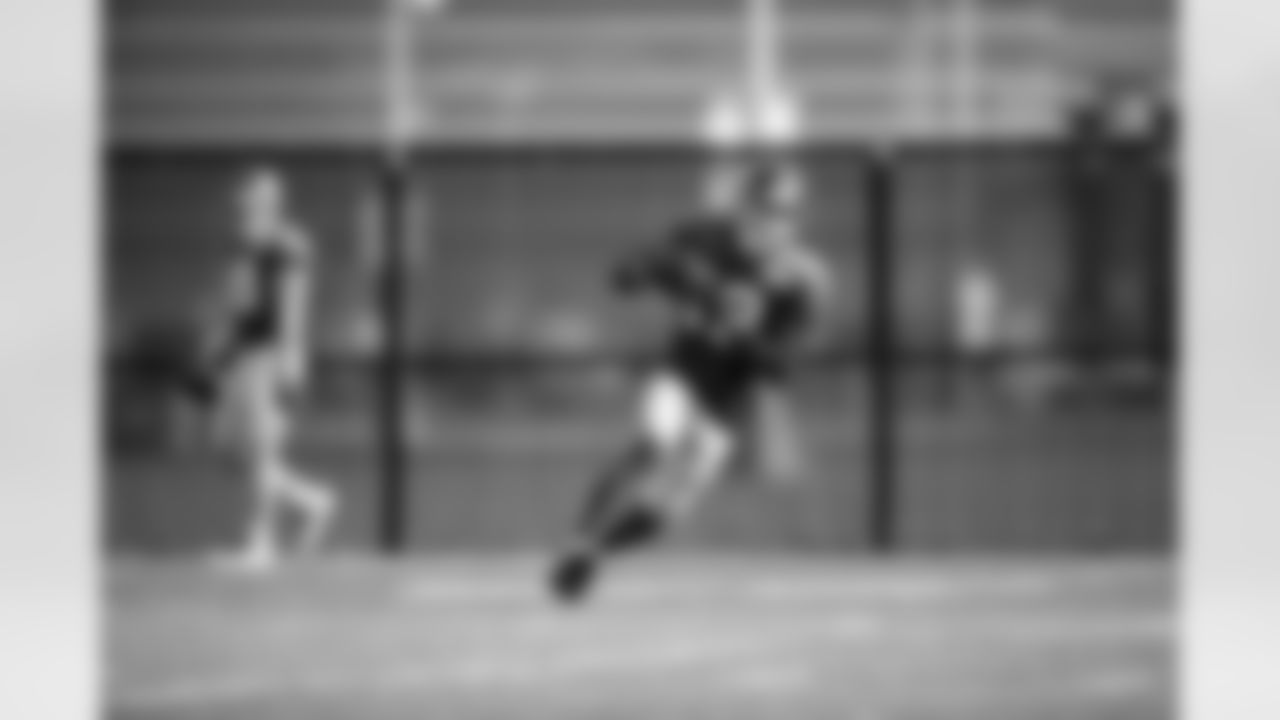
WR Travis Toivonen - Reserve/Future Signing
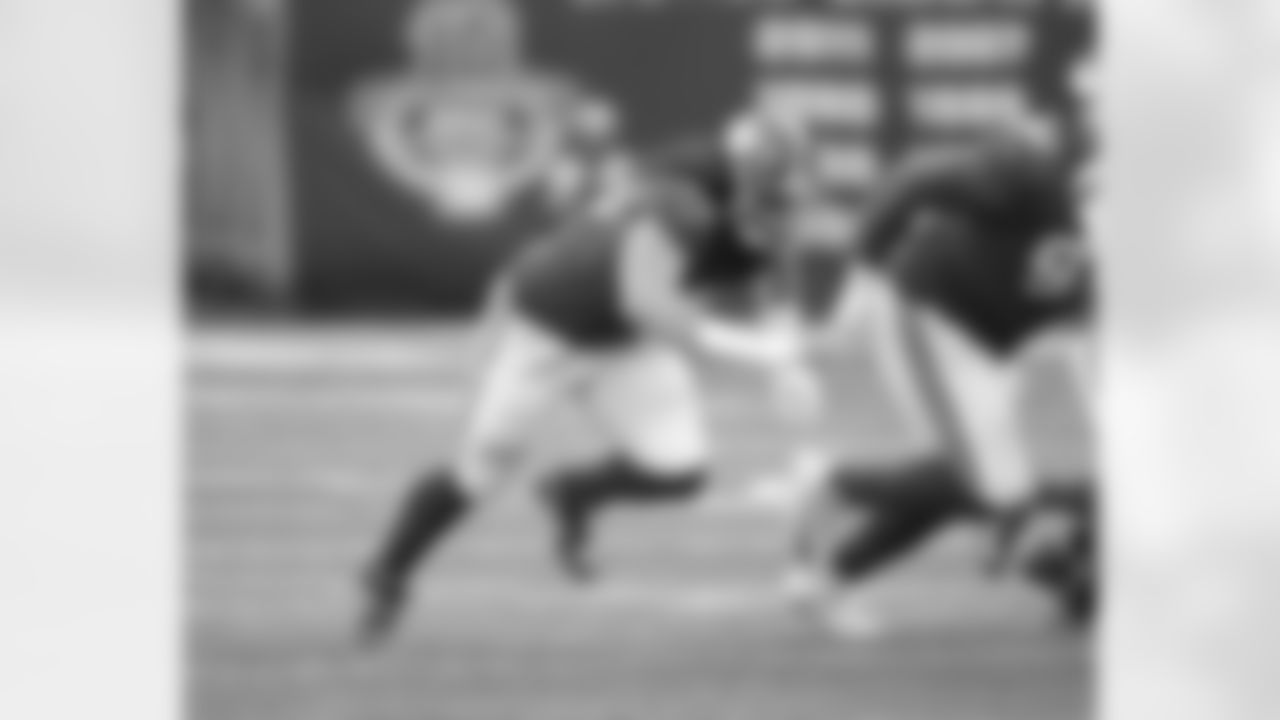
DT David Moa - Reserve/Future Signing

OT Devery Hamilton - Reserve/Future Signing

LB TJ Brunson - Waived, No Recall

DT Antonio Valentino - Waived

QB Brian Lewerke - Waived

DE Raymond Johnson III - Waived
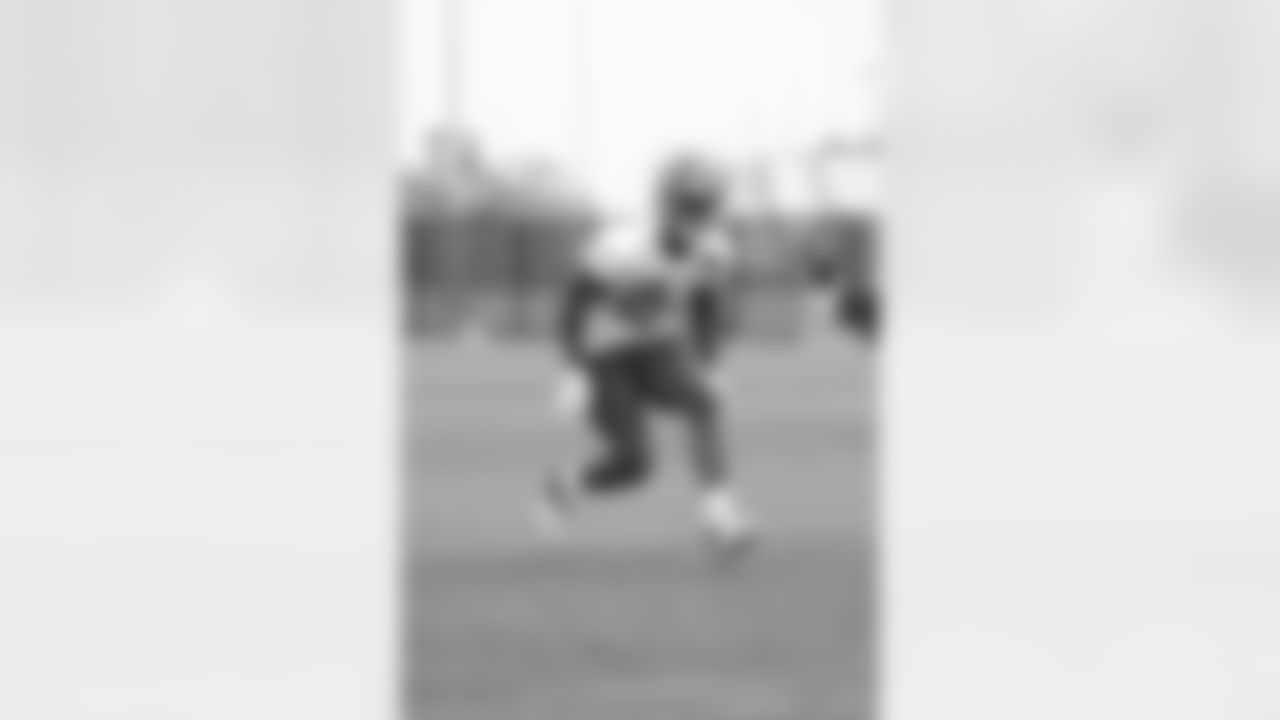
DB Jordan Mosley - Waived

LB Trent Harris - Terminated, Vested Veteran, all contracts

LB Omari Cobb - Waived

OL Wes Martin - Waived

TE Jake Hausmann - Waived

TE Rysen John - Waived

CB James Bradberry - Terminated, Vested Veteran, all contracts

DB Logan Ryan - Terminated, Vested Veteran, all contracts

TE Kaden Smith - Waived

P Riley Dixon - Terminated, Vested Veteran, all contracts

RB Devontae Booker - Terminated, Vested Veteran, all contracts

TE Kyle Rudolph - Terminated, Vested Veteran, all contracts








